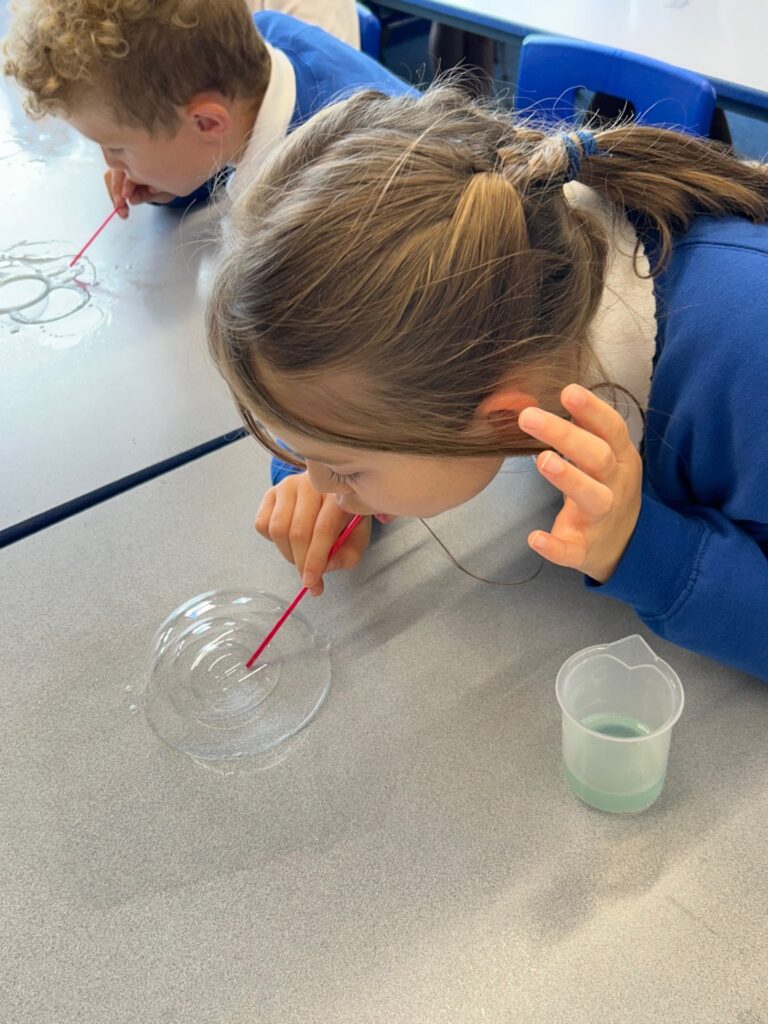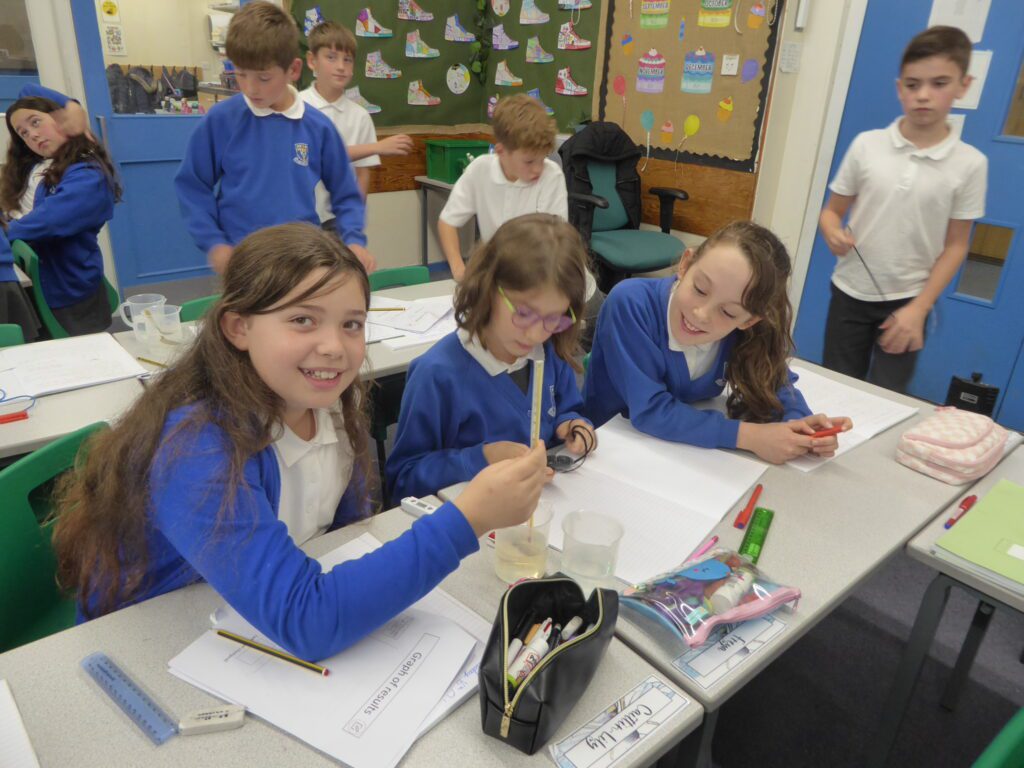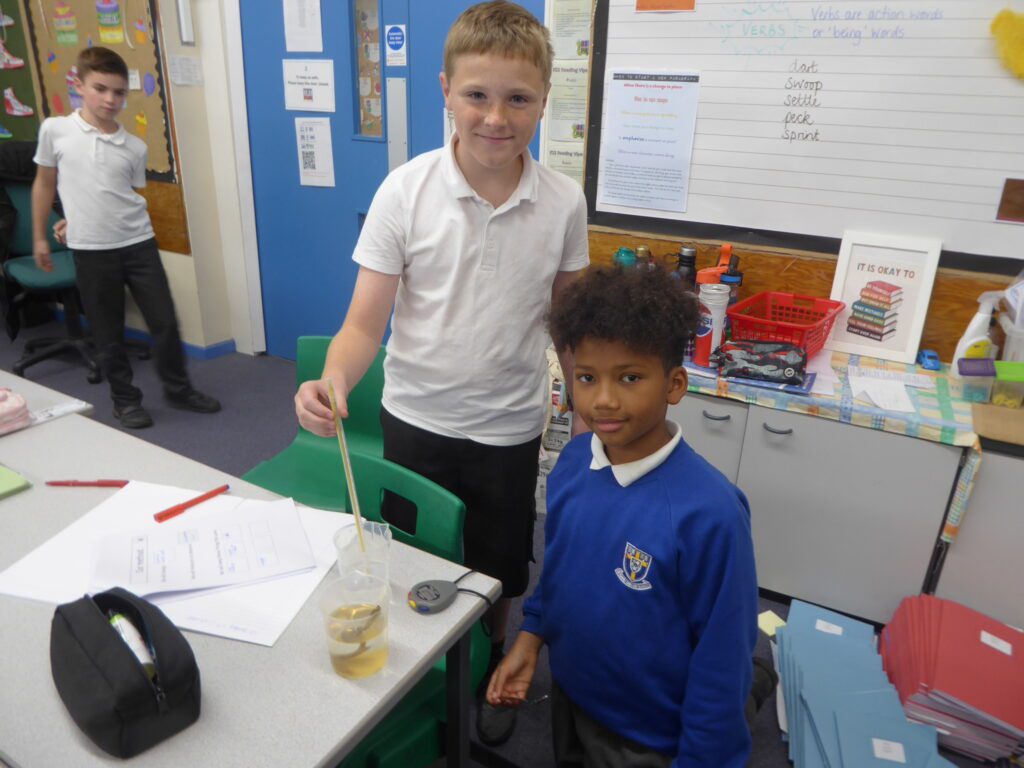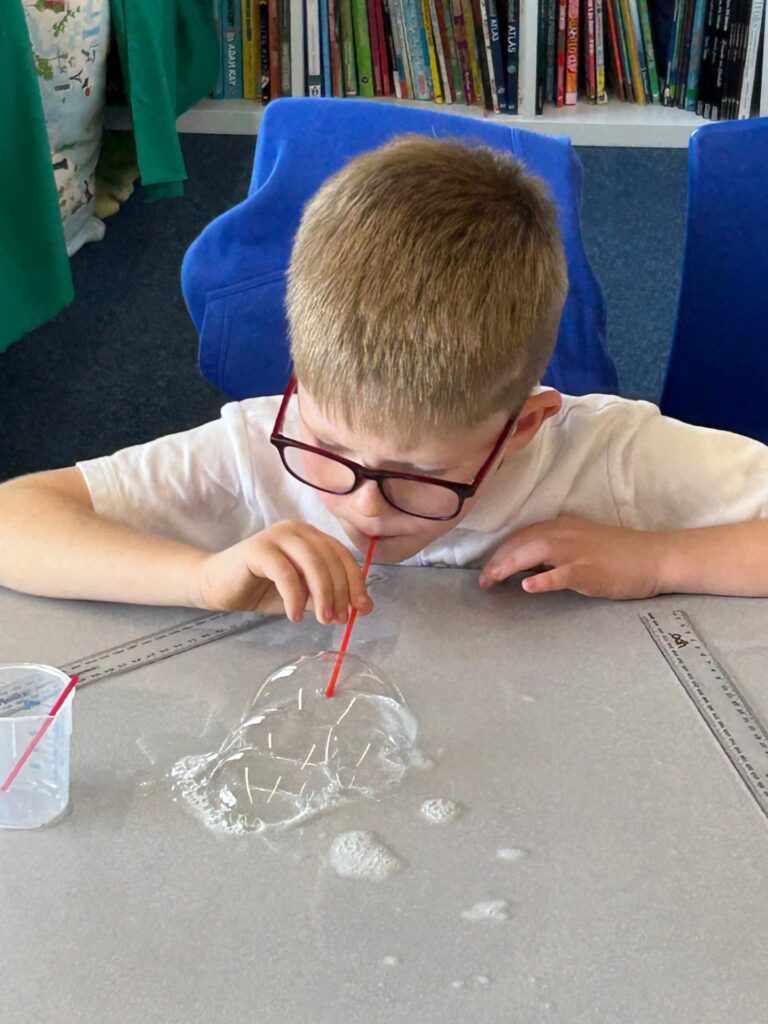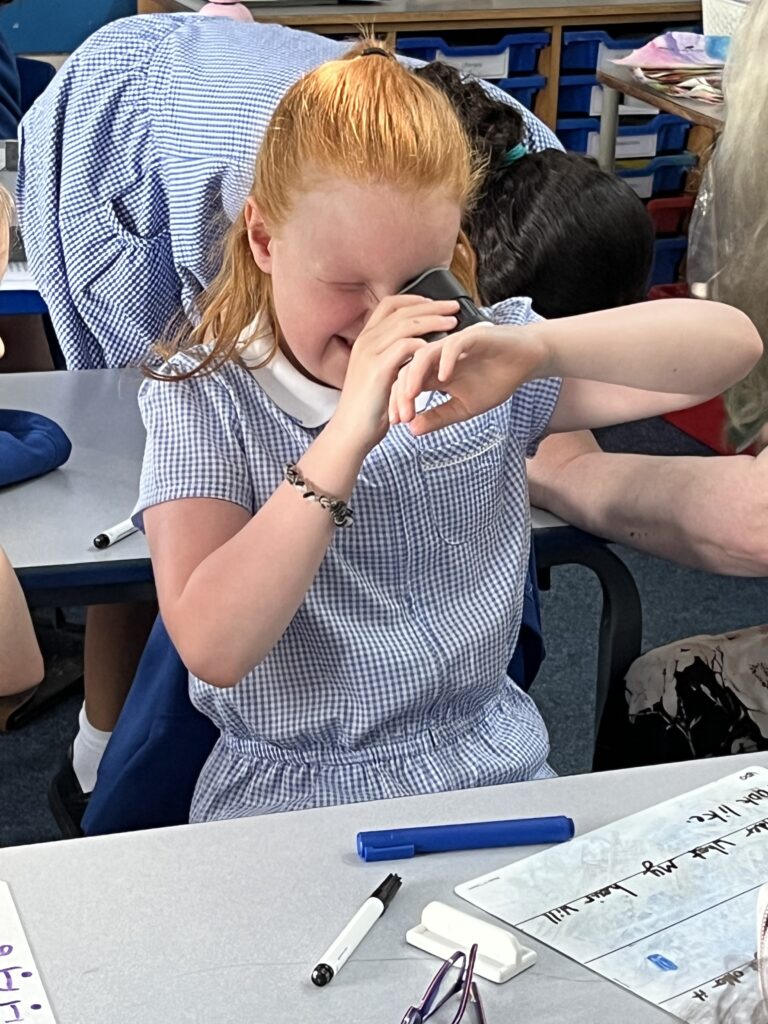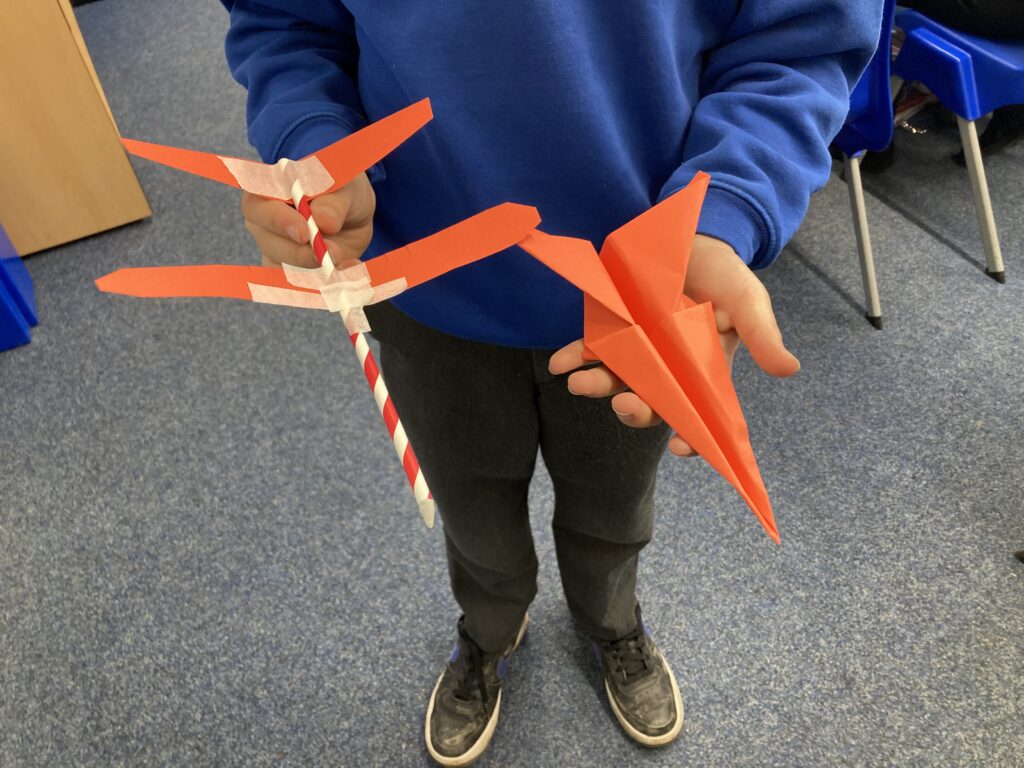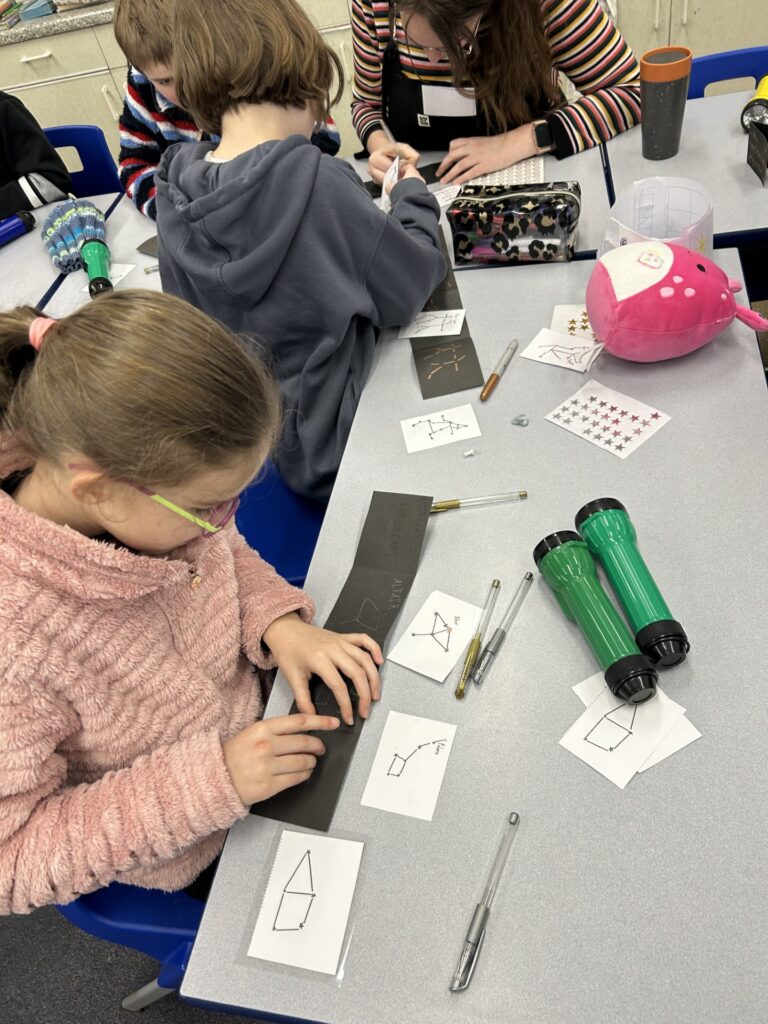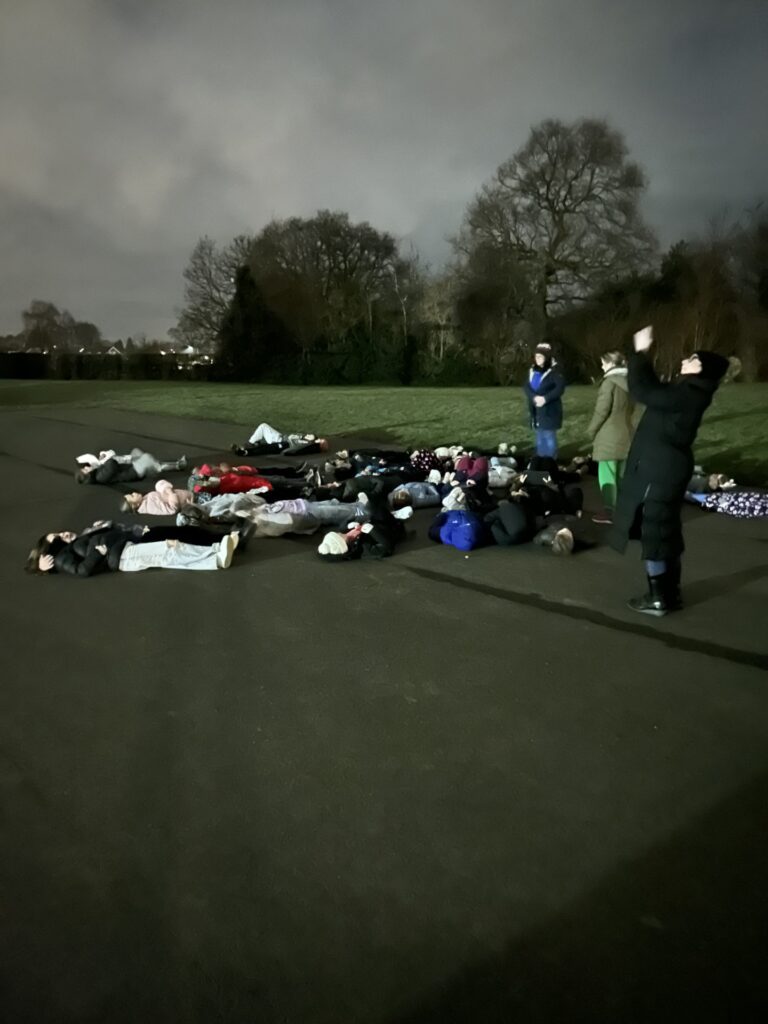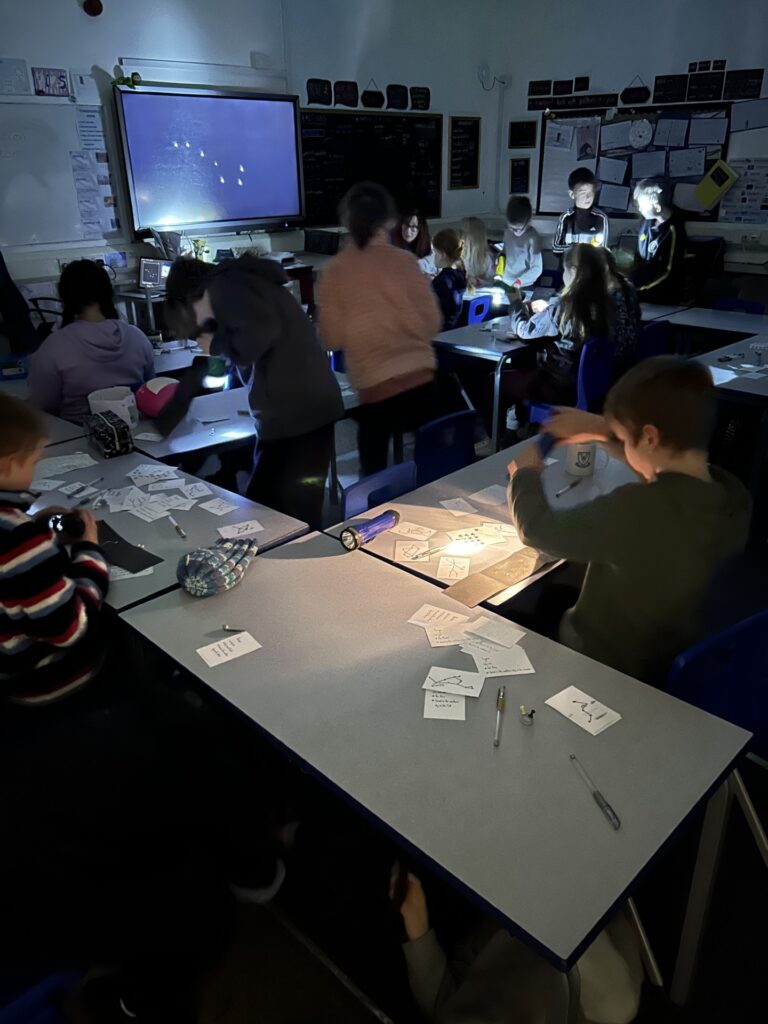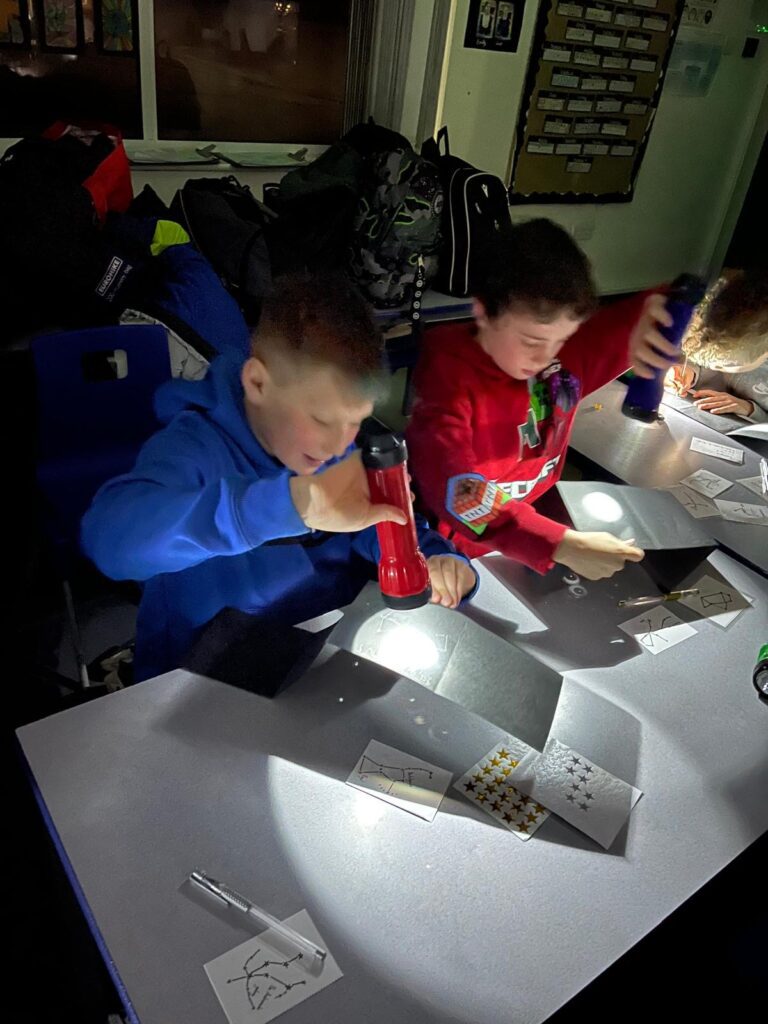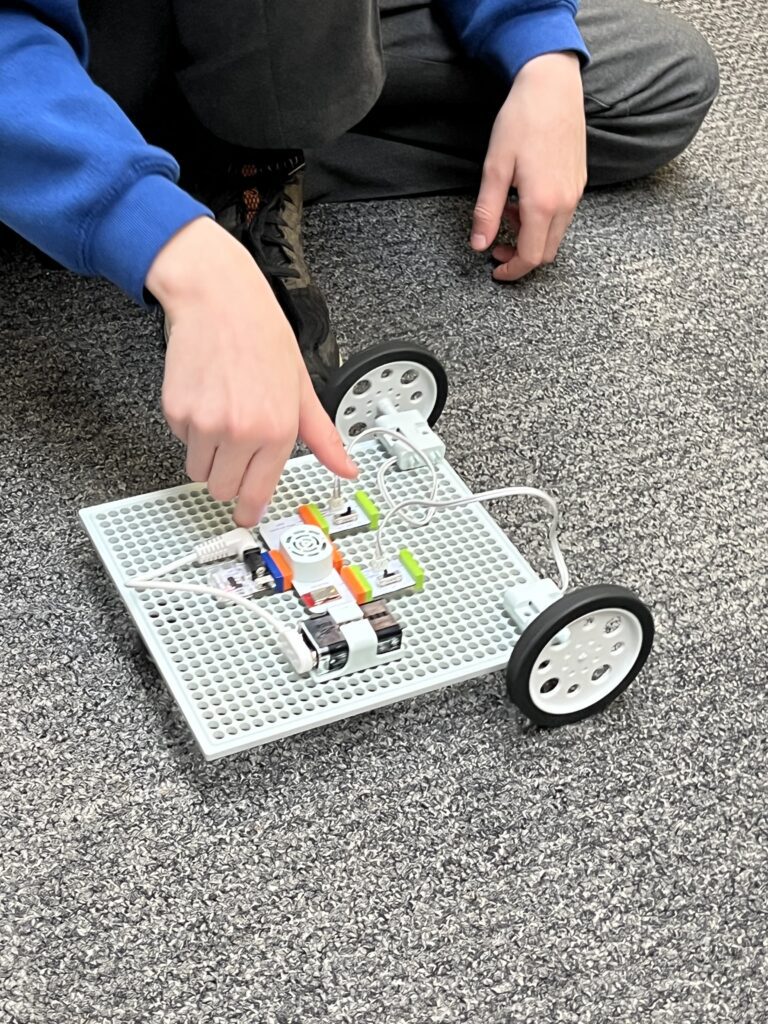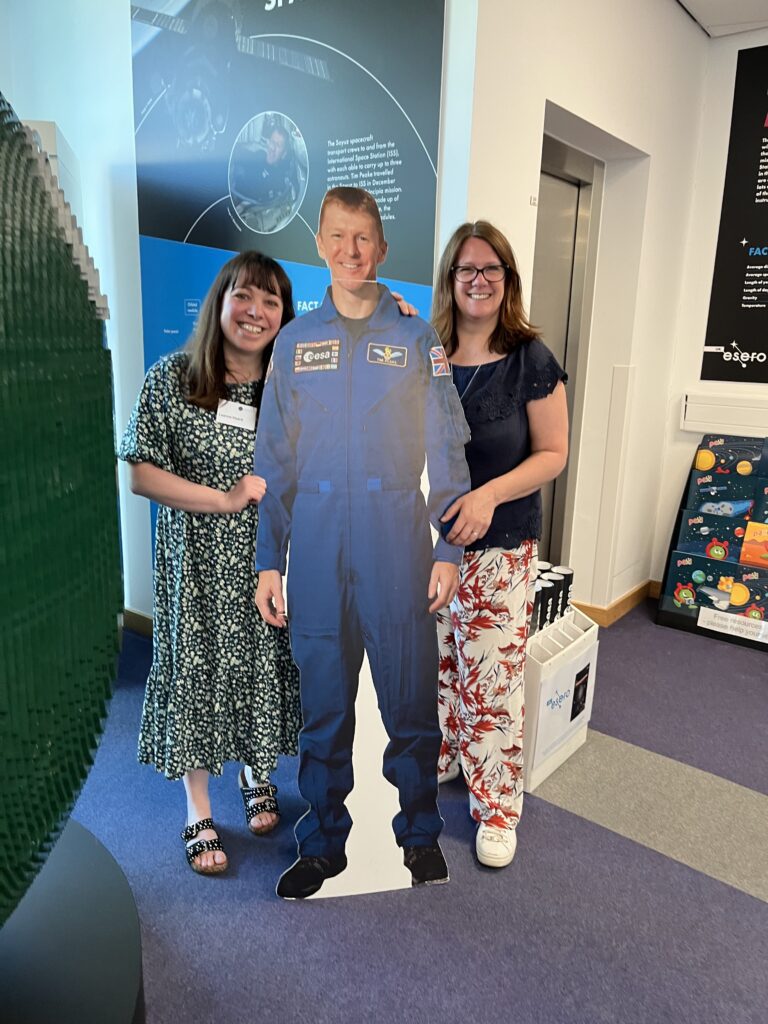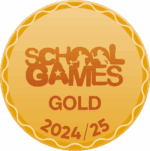Mrs Heard is our Science subject leader.
Through our science topics we are explore the world around us. The children ask questions, solve problems, predict, evaluate, set up fair tests, and co-operate with others to answer questions. EYFS and Key Stage One work on a yearly cycle and Key Stage two on a two-year cycle. Several trips and visitors enrich the programme of science to provide real life links as much as possible.
Environmental education is a crucial part of our vibrant curriculum. Our children make full use of the outdoor learning areas. We have wonderful facilities including our Peace Garden, poly tunnel and Wildlife Garden, where children can observe seasonal changes as well as exploring science concepts in their natural surroundings. The school currently holds the silver Eco Schools award for our environmental education and is also proud to have been awarded the golden Green Tree Schools award by the Woodland Trust. In 2022 we won the Sustainable Learning Goals prize at Science on Stage Europe for our project, “Food for the 21st Century”.
We have an active and flourishing environmental group made up of students from both KS1 and KS2. The group meets monthly to discuss what is going well in school in terms of looking after our environment, and also what we can improve. They work hard to promote sustainability in school. We regularly engage in campaigns such as Waste Week, Switch off Fortnight as well as Science Week and The Great Science Share.
Our Science ambassadors promote our love of science in many ways including running our year 2 science club, judging, “The Royal Society Book of the Year” and leading Playground Science. See what the children have to say about science club here – Slide-for-science-club
Richard Taylor is the Hub School for the Harrogate Ogden Trust Partnership, flying the flag for outstanding Physics teaching in school. As well as a well resourced curriculum we have a Phizz lab on Wheels to ensure the children can work practically and explore their own questions. The year 5 children enjoy an Astro Camp each year, where they camp overnight in school and learn about the wonders of Space.
We look for innovative ways to make children’s learning memorable. Working together with others is an important skills to develop. We’ve even managed this on a global scale. Beyond the water joint project SonS (youtube.com)


